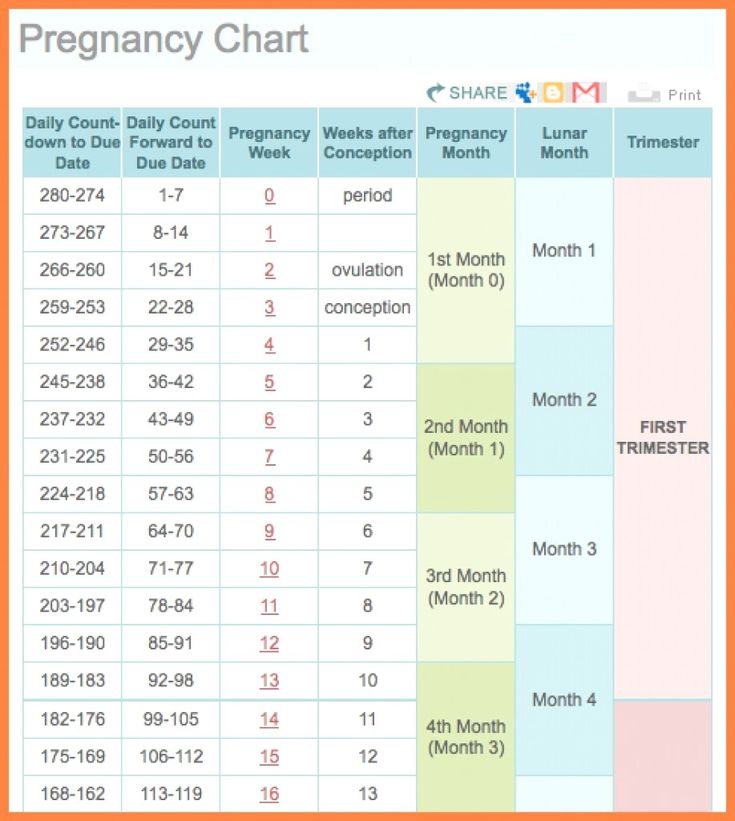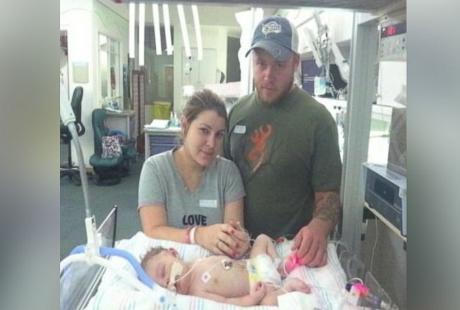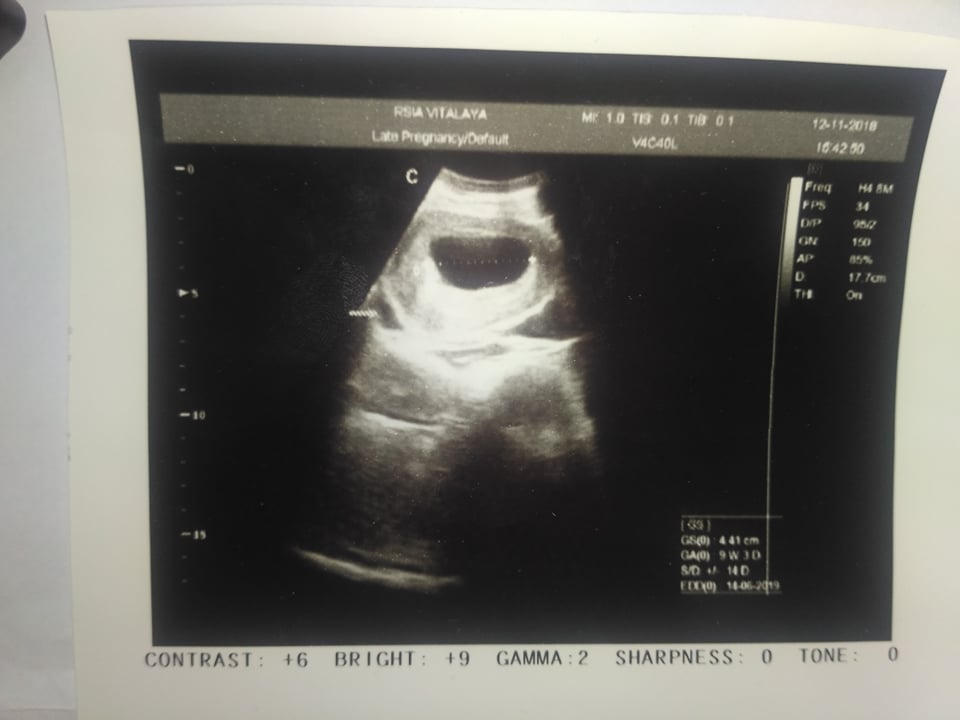How often does a newborn wake up at night
Sleep 0 – 3 months
Baby sleep
In the first few weeks after birth, babies sleep much of the day and night. Most wake 2 to 3 times during the night for feeds.
Babies have shorter sleep cycles than adults and wake or stir about every 40 minutes. By 3 months, many babies will have settled into a pattern of longer times awake during the day, and longer sleep times (perhaps 4 to 5 hours) at night. Most will still be waking once or twice during the night for feeds.
Sleeping baby in a safe cot next to the parents’ bed for the first 6 to 12 months reduces the risk of sudden unexpected death in infancy, including SIDS, as long as the room is smoke free. Sharing a bed with a baby for sleep has led to the deaths of some babies.
Secure attachments in infancy are the base for good mental health. A major need for secure attachment is for a parent to respond to infant needs and cues. It is important not to leave your baby to cry.
This topic may use 'he' and 'she' in turn – please change to suit your child's sex.
Daytime and night time patterns
Very young babies have little idea of day or night and most wake regularly around the clock every 2 or 3 hours needing a feed and attention.
In the first few months it is common for babies to wake regularly at night for feeds at least 2 or 3 times. As a guide, many babies sleep 14-20 hours a day in the first weeks.
By 3 months many are settled into a pattern of longer sleep times – perhaps 4 to 5 hours at night. When a baby sleeps about 5 hours straight, this is considered ‘sleeping through the night’.
Ideas for settling
Routines to get ready for sleep
At this age babies are often relaxed and sleepy after a feed. Some develop a pattern of waking often and needing a feed to settle. Some babies are helped by a daytime pattern of a feed and then settling after a small play, cuddle, talk and touch. Watch your baby’s signals for when she is alert and wanting to play and when she is sleepy.
Some young babies tend to be more wakeful in the evening or night rather than during the day. It helps babies learn about day and night if you settle them at night in a quiet, dark place and don’t play with them or do anything that makes them more wakeful.
It helps babies learn about day and night if you settle them at night in a quiet, dark place and don’t play with them or do anything that makes them more wakeful.
Even with young babies you can start a bedtime ritual. You may sing a little song, kiss her goodnight, find the dummy (if she has one) and then give a gentle kiss with some special soft words of love when you put her down.
Tired signs – sleep cues
As you get to know your baby you will start to learn when he is sleepy and needs to be put down for sleep. Long before they can talk, babies have tired signs or sleep cues in their behaviour that show you what they need. Your baby will have his own special sleep cues but here are some that most babies have that will give you a start in watching for your baby’s cues:
- yawning
- jerky movements
- becoming quiet, not wanting to play
- ‘grizzling’ or fussing
- rubbing their eyes
- making a sleepy sound
- crying
- facial grimaces, including pulling faces
- clenched fists
- waving arms and legs about.
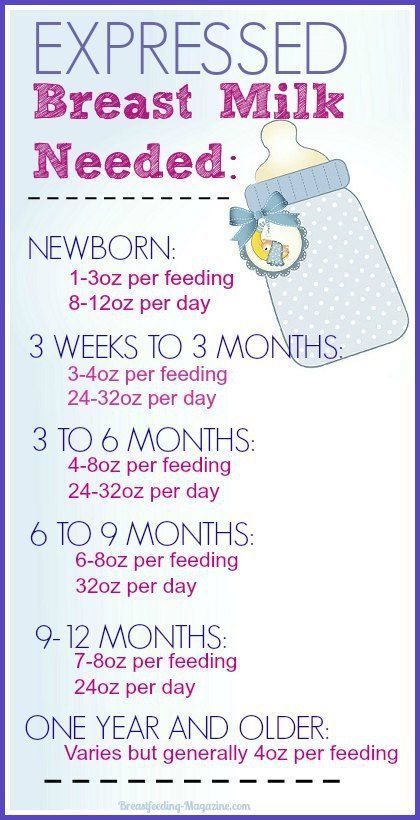
If you miss the tired signs and don't help your baby to settle, your baby may get more alert and overtired and be very hard to get to relax and sleep. Signs that the baby has got overtired include being very overactive, glazed eyes, and being very quick to cry.
Settling
Put your baby on his back for sleep. Often a tired newborn will accept being put into his cot while awake and will fall asleep on his own. Some new babies settle best in a quiet, dark place, others settle more easily in lighter, noisier places. Some babies are harder to settle than others and many need help to relax into sleep.
Some things to try to settle your baby:
- Some babies settle better if wrapped fairly firmly in a thin cotton sheet with the arms wrapped in too, while others do not like this and settle better if they can use their hands to soothe themselves. The wrap should not be too tight and must allow chest wall, hip and leg movement.
- Rock him in a pram, cot or your arms for a short period and then settle him into bed (a baby should not be left to sleep unsupervised in a pram).

- Settle him in the cot and then pat him with a cupped hand. Start patting quickly and then slow down as he calms. Pat at about the pace of your heartbeat.
- Push him in a pram back and forth over a bumpy surface such as the edge between your carpet and tiles or over footpath bumps.
- Have some constant noise such as humming, singing a little song, relaxing music or household noise – some babies relax if they can hear the vibration noise of the washing machine or dryer.
- Check that he is not too hot or cold, and that clothing is not too tight.
- A warm bath.
- Offer another feed, (often called a ‘top-up’ feed).
- Allow him to suck on a dummy or thumb (dummies should not be used until breastfeeding is established at about 6 weeks).
Look after yourself
Almost all adults find interrupted sleep makes them feel tired and irritable, and relationships can suffer.
- Try to keep your own life not too hectic when the baby is young.
- Take breaks when you can.
- Catch up on sleep. Sleep or rest when your baby sleeps, day and night.
- Take the phone off the hook.
- Ask for and accept help when it is offered.
- Put a ‘Do not disturb’ sign on your front door.
- Remember to get some exercise – walking is good.
- Join a group of other new parents.
More information
Local community, school or child health nurse
- See inside your baby's purple All About Me book
- Look in the service finder for child health centres
- Visit your nearest child health centre
Local family doctor
Ngala Parenting Line
- 8.00am – 8.00pm 7 days a week
- Phone: (08) 9368 9368
- Outside metro area – Free call 1800 111 546 (free from land line only)
- Visit the Ngala website (external site)
Raising Children Network
- Visit the Raising Children Network website (external site)
© Women’s and Children’s Health Network, reproduced with permission. The South Australian Government does not accept responsibility for the accuracy of this reproduction.
The South Australian Government does not accept responsibility for the accuracy of this reproduction.
Acknowledgements
Child and Adolescent Health Service – Community Health (CAHS CH)
This publication is provided for education and information purposes only. It is not a substitute for professional medical care. Information about a therapy, service, product or treatment does not imply endorsement and is not intended to replace advice from your healthcare professional. Readers should note that over time currency and completeness of the information may change. All users should seek advice from a qualified healthcare professional for a diagnosis and answers to their medical questions.
See also
- Child development
- Child development 0–3 months
Baby sleep: what to expect at 2-12 months
Baby sleep needs
Babies need sleep to grow and develop well.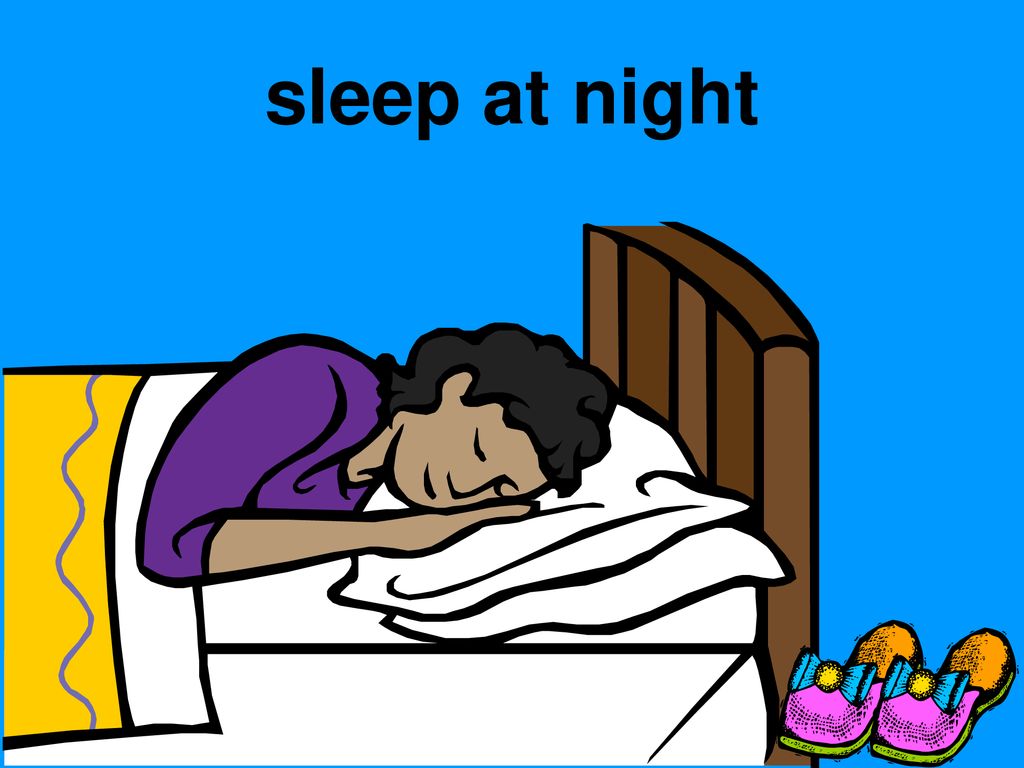 But babies’ sleep needs vary, just as the sleep needs of older children and adults do. Your baby might be doing well with more or less sleep than other babies the same age.
But babies’ sleep needs vary, just as the sleep needs of older children and adults do. Your baby might be doing well with more or less sleep than other babies the same age.
Your baby’s mood and wellbeing is often a good guide to whether your baby is getting enough sleep. If your baby is:
- wakeful and grizzly, they might need more sleep
- wakeful and contented, they’re probably getting enough sleep.
How baby sleep changes from 2 to 12 months
As they get older, babies:
- sleep less in the daytime
- are awake for longer between naps
- have longer night-time sleeps and wake less at night
- need less sleep overall.
2-3 months: what to expect from baby sleep
At this age, babies sleep on and off during the day and night. Most babies sleep for 14-17 hours in every 24 hours.
Young babies sleep in cycles that last 50-60 minutes. In young babies, each cycle is made up of active sleep and quiet sleep. Babies move around and grunt during active sleep, and sleep deeply during quiet sleep.
Babies move around and grunt during active sleep, and sleep deeply during quiet sleep.
At the end of each cycle, babies wake up for a little while. They might grizzle or cry. They might need help to settle for the next sleep cycle.
At 2-3 months, babies start developing night and day sleep patterns. This means they tend to start sleeping more during the night.
Around 3 months: what to expect from baby sleep
Babies keep developing night and day sleep patterns.
Their sleep cycles consist of:
- light sleep, when baby wakes easily
- deep sleep, when baby is sound asleep and very still
- dream sleep, when baby is dreaming.
Sleep cycles also get longer, which might mean less waking and resettling during sleep. At this age, some babies might regularly be having longer sleeps at night – for example, 4-5 hours.
Most babies still sleep for 14-17 hours in every 24 hours.
3-6 months: what to expect from baby sleep
At this age, most babies sleep for 12-15 hours every 24 hours.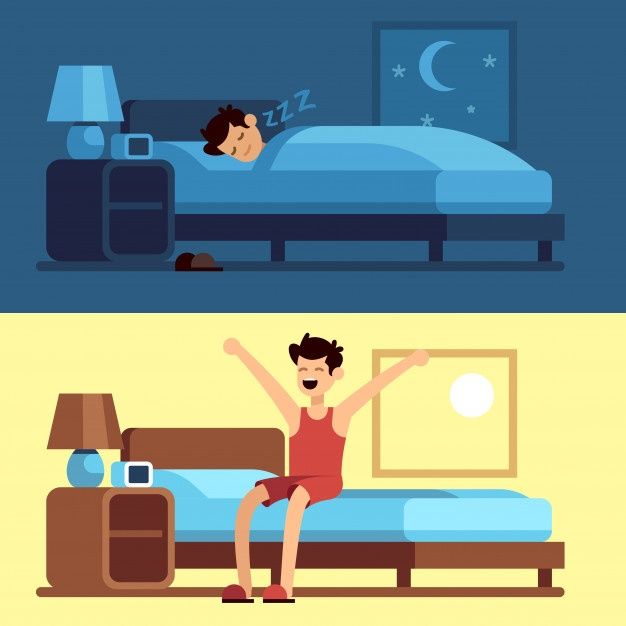
Babies might start moving towards a pattern of 2-3 daytime sleeps of up to two hours each.
And night-time sleeps get longer at this age. For example, some babies might be having long sleeps of six hours at night by the time they’re six months old.
But you can expect that your baby will still wake at least once each night.
6-12 months: what to expect from baby sleep
Babies sleep less as they get older. By the time your baby is one year old, baby will probably sleep for 11-14 hours every 24 hours.
Sleep during the night
From about six months, most babies have their longest sleeps at night.
Most babies are ready for bed between 6 pm and 10 pm. They usually take less than 40 minutes to get to sleep, but some babies take longer.
At this age, baby sleep cycles are closer to those of grown-up sleep – which means less waking at night. So your baby might not wake you during the night, or waking might happen less often.
But many babies do wake during the night and need an adult to settle them back to sleep. Some babies do this 3-4 times a night.
Sleep during the day
At this age, most babies are still having 2-3 daytime naps that last for between 30 minutes and 2 hours.
6-12 months: other developments that affect sleep
From around six months, babies develop many new abilities that can affect their sleep or make them more difficult to settle:
- Babies learn to keep themselves awake, especially if something interesting is happening, or they’re in a place with a lot of light and noise.
- Settling difficulties can happen at the same time as crawling. You might notice your baby’s sleep habits changing when baby starts moving around more.
- Babies learn that things exist, even when they’re out of sight. Now that your baby knows you exist when you leave the bedroom, baby might call or cry out for you.
- Separation anxiety is when babies get upset because you’re not around.
 It might mean your baby doesn’t want to go to sleep and wakes up more often in the night. As babies mature they gradually overcome this worry.
It might mean your baby doesn’t want to go to sleep and wakes up more often in the night. As babies mature they gradually overcome this worry.
6-12 months: night-time feeding
From around six months of age, if your baby is developing well, it’s OK to think about night weaning and phasing out night feeds. But if you’re comfortable with feeding your baby during the night, there’s no hurry to phase out night feeds.
You can choose what works best for you and your baby.
A rollover feed is a late feed somewhere between 10 pm and midnight. Some parents find that rollover feeds help babies sleep longer towards morning. If this works for you and your baby, it’s fine to give baby a rollover feed.
Concerns about baby sleep
If you’re concerned about your baby’s sleep, it can be a good idea to track your baby’s sleep for a week or so. This can help you get a clear picture of what’s going on.
You can do this by drawing up a simple chart with columns for each day of the week.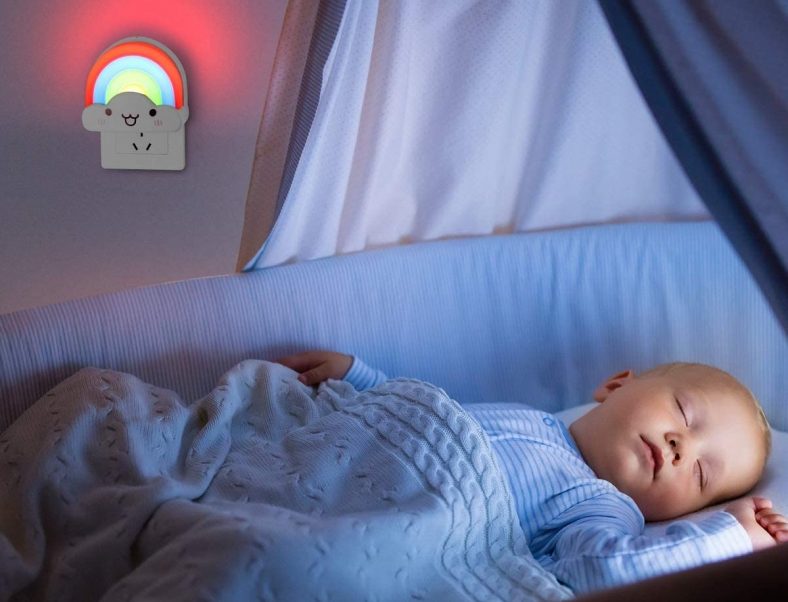 Divide the days into hourly blocks, and colour the intervals when your baby is asleep. Keep your chart for 5-7 days.
Divide the days into hourly blocks, and colour the intervals when your baby is asleep. Keep your chart for 5-7 days.
Once completed, the chart will tell you things like:
- when and how much sleep your baby is getting
- how many times your baby is waking during the night
- how long your baby is taking to settle after waking.
You can also record how you tried to resettle your baby and what worked or didn’t work.
Then you can compare the information in your chart with the general information about baby sleep needs above:
- How does your child compare to other babies the same age? If your baby is wakeful and grizzly and getting much less sleep than others, your baby might need more opportunities for sleep.
- How many times is your baby over six months old waking up during the night? If it’s 3-4 times a night or more, you might be feeling very tired. You might want to think about phasing out some of your baby’s sleep habits.

If you decide you need to see a professional for help with your baby’s sleep, take your chart with you.
If you’re concerned about your baby’s sleep, it’s a very good idea to see a child health professional for help. You could start by talking with your GP or child and family health nurse.
How baby sleep patterns affect grown-ups
Babies and grown-ups need sleep for wellbeing, but babies sleep differently from adults. Most parents of babies under six months of age get up in the night to feed and settle their babies. For many, this keeps going after six months.
Some parents are OK with getting up a lot at night as long as they have enough support and they can catch up on sleep at other times. For others, getting up in the night over the long term has a serious effect on them and their family lives.
The quality of your sleep can affect your health and your mood. Being exhausted can make it hard to give your baby positive attention during the day.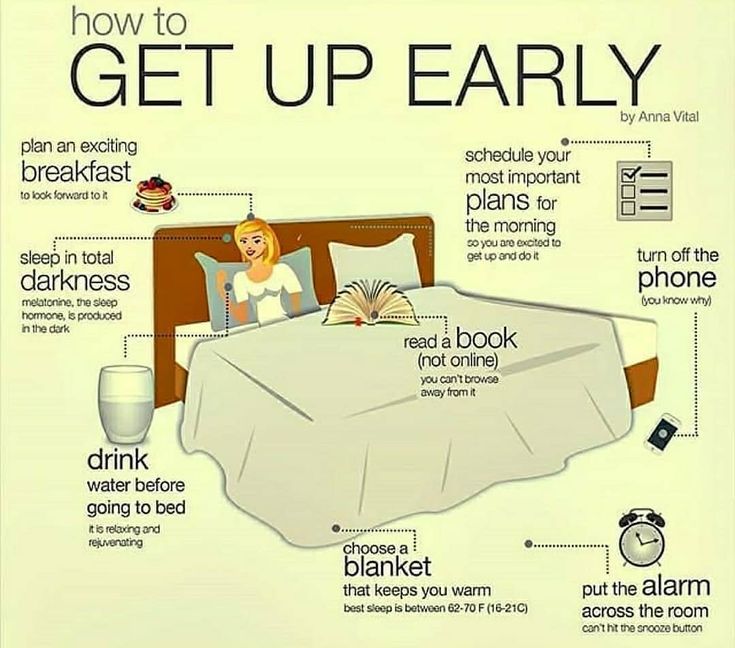 And your relationship with your baby and the time and attention you give baby during the day can affect the quality and quantity of baby’s sleep.
And your relationship with your baby and the time and attention you give baby during the day can affect the quality and quantity of baby’s sleep.
So it’s important that you get some help if you’re not getting enough sleep. You could start by asking family or friends for help. And if you feel that lack of sleep is affecting you mentally or emotionally, it’s a very good idea to talk with your GP or another health professional.
There’s a strong link between baby sleep difficulties and symptoms of postnatal depression in women and postnatal depression in men. But the link isn’t there if parents of babies with sleep difficulties are getting enough sleep themselves.
Languages other than English
- Arabic (PDF: 471kb)
- Dari (PDF: 469kb)
- Karen (PDF: 298kb)
- Persian (PDF: 420kb)
- Simplified Chinese (PDF: 502kb)
- Vietnamese (PDF: 324kb)
Newborn sleep
Children need sleep to be healthy, grow and develop.
The sleep of a small child is different from that of an adult.
An infant can sleep 16-20 hours a day - several dreams of 2-3 hours.
The baby wakes up for feeding, diaper change, is a little awake and it's time for him to sleep again. Your baby may need help getting back to sleep, and that's okay.
The complete sleep cycle of a newborn is about half that of an adult. Short periods of sleep ensure that the child does not remain hungry and that he is regularly supervised.
Babies, especially newborns, spend about half of their sleep in REM (rapid eye movement) sleep. This is the active phase of sleep, the child can move, breathing can be irregular, slow down and become more frequent.
In deep sleep (slow eye movements), the child does not move, his breathing is deep and regular.
The adult sleep cycle lasts about 90-100 minutes. The sleep cycle of a newborn baby is much shorter, only 40-50 minutes. This means that the baby can toss and turn more often, make sounds, cry without even waking up.
From the age of three months, the baby's night sleep gradually becomes longer, the breaks in daytime wakefulness also lengthen.
For healthy sleep, a child needs a personal crib, a well-ventilated room, a calm atmosphere, subdued lights during bedtime.
If your child is restless, you can try using white noise devices. They produce sound that masks outside sounds and can induce sleep regardless of ambient noise. White noise is able to block everyday noise, such as conversations.
Babies can fall asleep faster with background white noise. It can be the sounds of the forest, rain or the sound of the sea.
Some white noise devices have a “heartbeat” setting that mimics a mother's heartbeat and can soothe newborns.
But if you use white noise all the time, the baby can get used to it and it will be difficult for him to fall asleep if he finds himself in a situation where he needs to sleep, and there is no way to turn on white noise. For example, on vacation, visiting, with my grandmother.
Children should sleep safely.
All babies under 1 year of age are at risk for sudden infant death syndrome (SIDS), especially before 6 months of age. This happens when the baby is sleeping and is not associated with any illness, vomiting or choking.
There are risk factors:
the baby was born prematurely,
during pregnancy the mother consumed alcohol, smoked,
exposure to cigarette smoke after birth,
overheating during sleep.
Until the child is 6 months old, ideally a year old, he should sleep in the room with his parents.
In the same room, but not in the same bed. Co-sleeping increases the risk of accidents.
Take your baby to your bed only to feed or soothe, then immediately transfer to a crib. If there is a possibility that you may fall asleep while feeding, make sure there are no pillows, blankets, or any other items around that could cover the baby's face and cause choking. As soon as you wake up, immediately transfer the baby to his crib.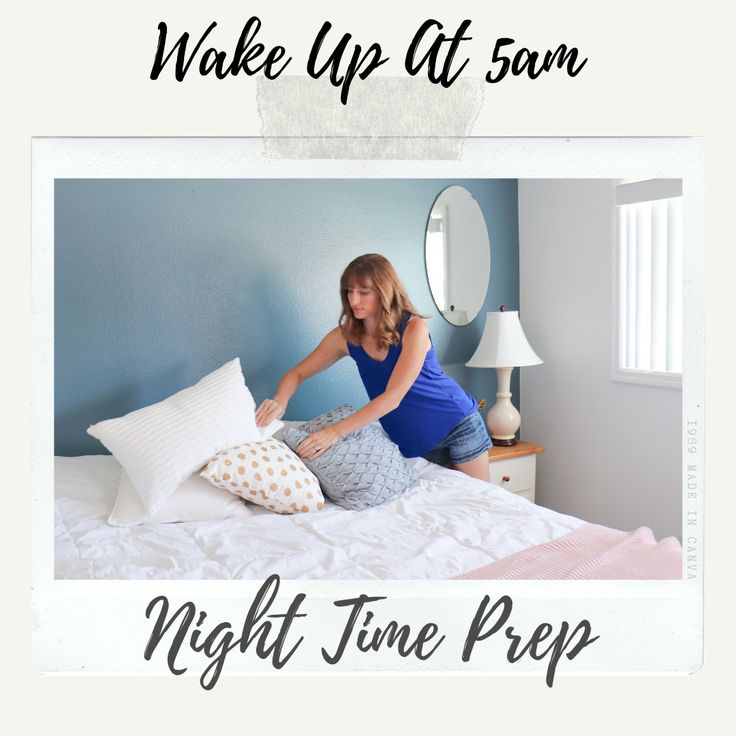 Or ask one of the family members to check if you fell asleep with the baby in your arms.
Or ask one of the family members to check if you fell asleep with the baby in your arms.
The safest way to sleep is on your back. Children who sleep on their backs are much less likely to die from SIDS than children who sleep on their stomach or side. From a position on the side, it is easier for the child to roll over on his stomach. It is unlikely that he will be able to roll over on his own.
The crib must have a firm sleeping surface, a firm mattress that does not sag when the child is lying on it, and the sheets are well made. There should not be any pillows, soft toys, bedspreads around, where the child can bury his face. Keep all foreign objects out of the sleeping area.
It is better to use a sleeping bag instead of a blanket.
Do not leave the baby to sleep on nursing pillows, he may roll over on his side or stomach and bury his head in the fabric.
Keep an eye on your baby even if he sleeps in his own crib.
Put your baby to bed at the first sign of fatigue, before fatigue sets in.
Keeping a regular daytime and nighttime sleep schedule will make it easier for your baby to fall asleep.
Why the baby wakes up at night: 10 main reasons
Many parents do not get enough sleep because their child constantly wakes up at night crying. In fact, the child always has a reason for sudden awakenings at night. Screaming and crying for a newborn is the only way to communicate that he does not like something. And there are many reasons why a child often wakes up at night. I will outline the most common of them.
The child wakes up at night from hunger or thirst
A newborn often wakes up at night for feedings, but with age, such feedings become less and less. By 12 months, there may be one nightly feeding, and if there are more, then this is a reason to think that the child does not wake up for feeding, but simply because he associates food with falling asleep.
Baby is uncomfortable
A baby can suddenly wake up if he has a wet diaper, tight clothes, uncomfortable posture or tags chafing his skin - there can be quite a few reasons for discomfort. To calm the baby, it is important for parents to analyze the conditions in which their child sleeps and eliminate the cause that prevents the baby from sleeping well.
To calm the baby, it is important for parents to analyze the conditions in which their child sleeps and eliminate the cause that prevents the baby from sleeping well.
Failure to comply with the conditions for the child's sleep
Heat or cold in the room, dry air, light from a night light are just some of the causes of a child's poor sleep. In my experience, some moms ignore getting a humidifier. Babies have very thin membranes of the nasal mucosa, and if the air in the room is dry, then the mucous membrane dries up quickly, and it becomes uncomfortable for the baby to sleep - it is simply difficult for him to breathe. This causes the baby to wake up and cry.
Child sleep regression
Sleep regression is defined as the deterioration of sleep quality due to various external factors. Such a violation depends on the individual characteristics of the child and is associated, as a rule, with a jump in the development of motor skills (the child has learned to sit, stand, crawl, etc. ) and psycho-emotional states.
) and psycho-emotional states.
Sleep regression simply needs to be experienced: during active wakefulness, the child needs to develop new skills to the maximum, and then the structure of sleep will change. There are many regressions in the life of children, and we cannot do anything about them: regression is a sign that the child is developing normally, we should be positive about this.
sleep associations
All people wake up in the middle of the night between sleep cycles - this is how we are designed: the brain gives us a signal to wake up to check that everything is in the same place. This is one of the ancient functions that man needed for survival. It’s just that adults don’t remember how they wake up, and children who have sleep associations like breasts, rocking, hissing, patting, or pacifiers cannot fall asleep until they are provided with this association. That is why associations for falling asleep can bring down a child’s nighttime sleep and complicate the process of putting the baby to bed if the conditions have changed (there is no way to breastfeed or the baby has become too heavy to rock him in her arms).
Excitement interferes with sleep
Stress in a child, short or no sleep during the day, long periods of wakefulness contribute to night awakenings of the baby. In children under three years of age, the processes of overexcitation prevail over the processes of calming down - in principle, they cannot calm down themselves. If the baby is overexcited and unable to sleep, it is the parents who can help him relax: create a routine for going to bed and provide a calm environment for several hours before bedtime.
Lack of fatigue and long naps
There are sleep norms for children that are desirable to comply with.
- Newborns sleep 16-19 hours a day, the total time of daytime sleep is 1-2 hours every hour.
- Babies 1-2 months old sleep 15-17 hours a day, total nap time 6-7 hours.
- Babies 3 months sleep 15-16 hours per night, total nap time 5-6 hours.
- Babies 4 months old sleep 14-16 hours a day, total nap time 4-5 hours.
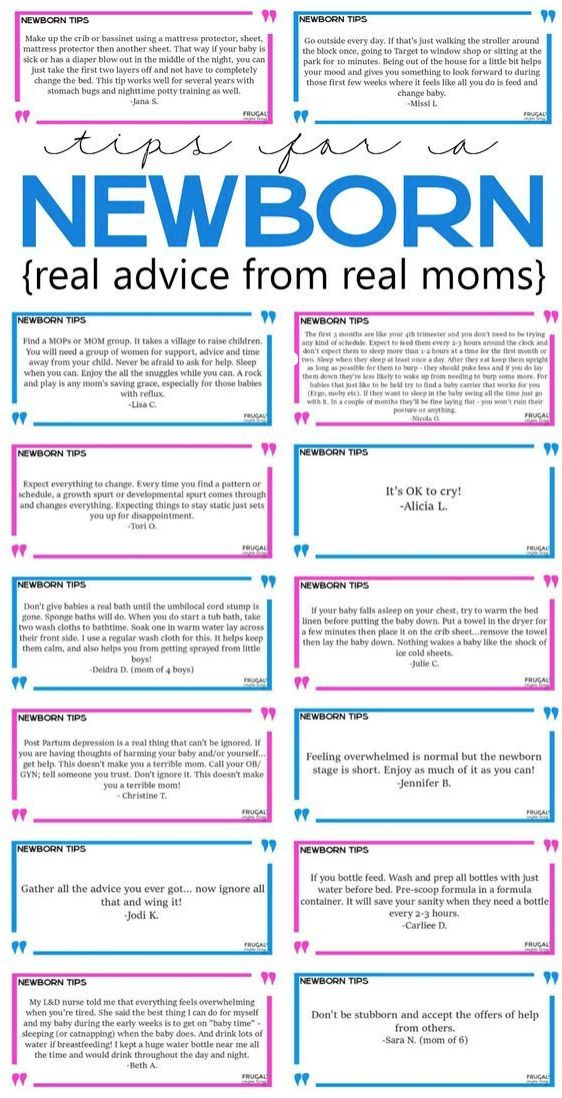
- Children 5-6 months sleep 14-15 hours a day, total nap time 3-4 hours.
- Children 7-8 months sleep 13-15 hours a day, total nap time 3-4 hours.
- Children 9-12 months sleep 13-14 hours per night, total nap time 2-3 hours.
- Children 12-18 months sleep 13 hours per night, total nap time 2-3 hours.
- Children aged 18 months sleep 12.5-13 hours per night, total daytime sleep 1.5-2 hours
- Children 2 years of age and older 12-13 hours per day, total nap time 1-2 hours.
- Children 3 years of age and older sleep 12 hours per night, total nap time 1-2 hours.
If a child sleeps a lot during the day, then, of course, he may wake up at night and not want to fall asleep.
Child's night terrors
This is one of the reasons for the awakening of a child after a year. Analyze how the day goes and what might be causing the fear. Often this is due to the TV always on – not only from cartoons, but also when the TV is running in the background. A child who is accompanied by this emotional background all day may experience night terrors or nightmares.
Often this is due to the TV always on – not only from cartoons, but also when the TV is running in the background. A child who is accompanied by this emotional background all day may experience night terrors or nightmares.
Psychological problems
High sensitivity of the child, fear of separation from the mother, when the separation crisis begins at the age of seven months. To cope with this problem, it is necessary to give the child as much contact as possible during the day - hug him, kiss him, tickle him and convince him that his mother loves him, she is there and will not go anywhere. There are times when a mother tries to quietly leave the child, leaving him with another adult (grandmother, nanny or dad). This can cause stress for the child, the next time he may not want to let his mother go or wake up at night in tears.
Physiological causes
Infantile colic, teething, vitamin D deficiency in the child, enuresis, itching from atopic dermatitis and other problems can cause sleep problems in the child, so they require a visit to the pediatrician.


